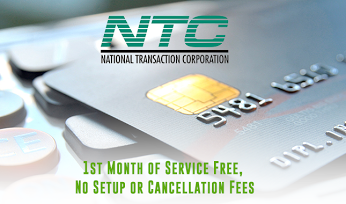
January 30th, 2017 by Elma Jane
U.S. Based Payment Processing Account?
How do you get a U.S.-based payment processing account when you are based outside of the country?
Here are several steps you need to take before applying a U.S. payment processing account:
The first thing you need to do is get incorporated.
Get an office – typically comes as a part of the package offered by the company that is doing your incorporation. Opt for real physical presence, rather than just a mailing address.
Get a U.S. representative – that representative is not only a name to use in the incorporation paperwork and in your office rental agreement. The U.S. representative person will be acting on behalf of your company in the U.S. This person will need to have a U.S. social security number (SSN) and will be the one who signs your credit card processing agreement.
If you are unable or unwilling to find one, you will not be able to get approved for a domestic payment processing account and will have to settle for an offshore one.
Lastly get a business checking account.
Only U.S.- based businesses are eligible for U.S. payment processing accounts, talk to a Payment Specialist 888-996-2273.
Posted in Best Practices for Merchants Tagged with: credit card, merchant account, payment, Security
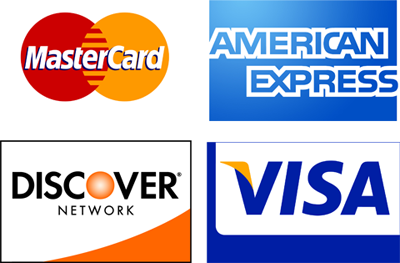
January 25th, 2017 by Elma Jane
PIN vs. Signature: What’s the Difference?
PIN Debit – PIN transactions are routed through what are known as (EFT) electronic funds transfer. It immediately deducts the transaction amount from the customer’s checking account, which is linked to the debit card used for payment. EFT processing takes place when the customer chooses debit when prompted and then enters her PIN. PIN debit transactions are often referred to as online transactions because they require an electronic authorization.
Signature Debit – Signature-based debit transactions are authorized, cleared and settled through the same Visa or MasterCard networks used for processing credit card transactions. Signature debit processing is initiated when the customer selects credit when prompted by the POS terminal. Signature debit transactions are referred to as offline transactions because a PIN debit network does not play a role in processing.
Posted in Best Practices for Merchants Tagged with: credit card, customer, debit, debit card, electronic, electronic funds transfer, online, payment, PIN, POS, terminal, transactions

January 24th, 2017 by Elma Jane
How to set up a travel merchant account?
First, you need to find a Merchant Service Provider.
Put together your business profile so you can start applying for a merchant account.
There are questions that you’ll need to answer, that way merchant account providers have an idea of how they should set up your account.
Some of the questions are:
Is your business seasonal?
For Travel Agencies or Tour Operators, it is seasonal, there will be high and low volume. NTC works with seasonal downtime.
How do you intend to accept payments?
Different business models require different methods of accepting payments.
If you’re doing face to face transaction and have a physical location then you need a credit card terminal.
If you process checks, then you need Electronic Check and ACH Transfers.
For e-Commerce shopping carts, wireless/mobile, you can check out our Converge Virtual Merchant and NTC e-Pay.
How much volume do you plan on processing?
Merchant account providers are going to want to know how much sales volume you plan on processing per month.
If you’re new in the business – give just an estimate average of how much you’ll be processing (per month), within the first 6-months of operation.
if you’ve been in the business – you’ll already have this number ready.
What will be your average ticket price?
Example:
Total Sales Revenue = $150,000
Total Number of Sales = 500 150,000/500 = $300 (Average Ticket Price)
If you need to setup an account give us a call at 888-996-2273 or use our contact form.
Posted in Best Practices for Merchants Tagged with: ach, credit card, e-commerce, E-Pay, Electronic Check, merchant account, merchant service provider, mobile, payments, shopping carts, terminal, transaction, travel, virtual merchant

January 23rd, 2017 by Elma Jane
What Makes Up The Rate That You’re Paying?
Most rates are made up of three parts:
Interchange – Goes to the bank that issued the card, and is typically made up of a flat rate plus a percentage of the sale.
Assessments – Go to card network like Visa, MasterCard, Amex, Discover etc.
Processor fees – Fees involved with providing the service, risk assessments, the type of transaction, and the size of the transaction. This portion includes the margin between the total rate and the two previous parts, along with any incidental fees, like chargeback or statement fees.
There are a lot more intricacies of what makes up a credit card rate, but this information gets you off to a good start. If you’re interested in learning more about electronic payments, check our website www.nationaltransaction.com or call now 888-996-2273 and talk to our Payment Consultant.
Posted in Best Practices for Merchants Tagged with: bank, card, card network, chargeback, credit card, merchant, payment, processor, transaction
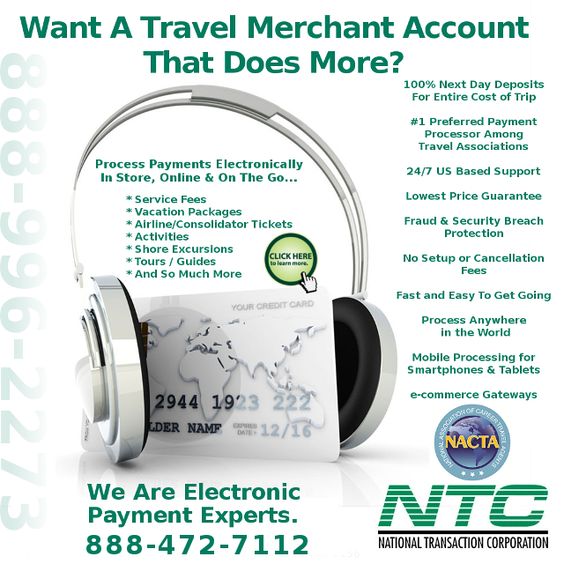
January 20th, 2017 by Elma Jane
Qualified vs Non-Qualified credit card rates
The most common forms of rate structures for credit card rates are:
2-Tiered: Qualified and Non-Qualified
3-Tiered: Qualified, Mid-qualified, or Non-qualified
Each and every transaction you accept is classified into one of the above and is the basis for the credit card rate you see on your statement.
As a general rule, qualified transactions are going to be “standard” cards; without any consumer or corporate rewards associated with them. Accepted in the “standard” method expressed in your merchant processing agreement, this is where Card-Not-Present (CNP) setup comes into play.
Mid and Non-Qualified transactions include:
Rewards cards, keyed-in payments (for swipe accounts), AVS (Address Verification Service) does not match or is not performed, not all required fields are entered, or the payment was entered in a late batch. Ex. the payment was sent to the processor 48 hours or more past the time of the authorization.
Posted in Uncategorized Tagged with: card-not-present, consumer, credit card, merchant, payment, processor, transaction
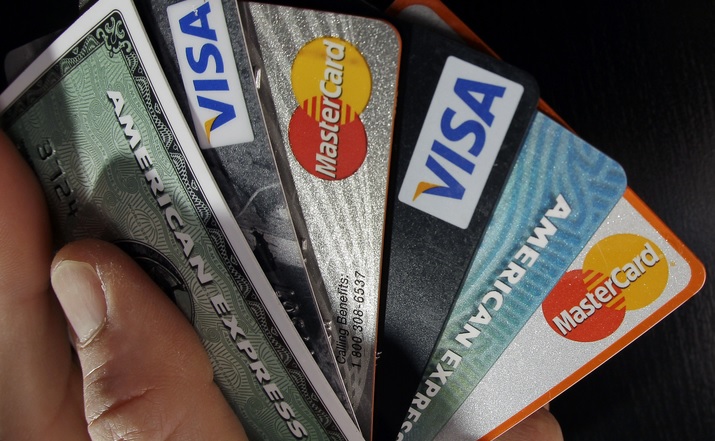
January 19th, 2017 by Elma Jane
Card-Present vs Card-Not-Present – It’s important for a merchant to know what types of credit card payments their business will be taking.
If you rely on mailed, over-the-phone, or online payments a Card-Not-Present merchant account is what you need.
With this type of account, you don’t need the physical card. You are set up to accept credit cards where card information is being keyed into a credit card terminal or online.
A card-not-present merchant accounts base rate is higher than if you signed up for a Card-Present or swipe merchant account.
Why are card-not-present rates higher? There is less risk associated with a business swiping a credit card than keying it in. Why? When a card is swiped, a person is present; where the merchant can check ID and signature. When a person is not present, it’s open for consumer fraud.
However, when you’re setting up a Card-Not-Present merchant account, these factors are taken into consideration during the underwriting process, which leads to a lower base rate for keyed-in payments
Posted in Best Practices for Merchants, Travel Agency Agents Tagged with: card present, card-not-present, credit card, merchant, online, payments, terminal
January 12th, 2017 by Elma Jane
Accepting non-cash payments from your customers are valuable. If you don’t, you will miss out on sales; because of the growing numbers of customers who only carry plastic or wish to pay online. Today, you have many payment solution options.
Credit Card Terminals – you might remember the beginning of the credit card era and i’ts evolution with today’s countertop terminals. From the traditional swipe of their credit, debit or even gift card to make a purchase to today’s modern terminals. Like accepting EMV chip cards (to be in compliance with a PCI mandate) and NFC payments like Apple Pay.
Beyond the basics; these systems are generally supported by reporting sites that can help you monitor sales, and assist you with maintaining customer loyalty programs.
E-Commerce Solutions – online sales are growing every year. If you are considering an expansion of your business online; you need a complete hosted payment solution for transactions in all payment environments. Including in-store, back office mail/telephone order (MO/TO), mobile and e-commerce, that make your customers’ experience as intuitive and efficient as possible.
Point of Sale Systems – smart registers have evolved into high-tech point-of-sale (POS) systems due to technology advances. Not only taking customer payments; but it can transform your business with an advanced marketing programs, inventory management and sales and profitability tracking and reporting. Over the past years these advanced systems have become cost-effective and easy to use.
Wireless Terminals – in today’s hardware you have the option of accepting payments wirelessly, through a full-service terminal that is smaller than a countertop model, or through a mobile card reader plugin for a smartphone or tablet.
The advantage of a full-service wireless terminal is that it allows for receipt printing on the spot through the device and most modern full-service wireless terminals are EMV compliant and accept both EMV (chip card) and NFC payment types.
Call now 888-996-2273 and speak to our payment consultant to know which solution is best for you.
Posted in Best Practices for Merchants, Credit Card Reader Terminal, e-commerce & m-commerce, EMV EuroPay MasterCard Visa, Mail Order Telephone Order, Near Field Communication, Payment Card Industry PCI Security, Point of Sale Tagged with: card reader, chip cards, credit card, debit, e-commerce, EMV, gift Card, mobile, moto, nfc, online, payment solution, payments, PCI, point of sale, smartphone, terminals, transactions
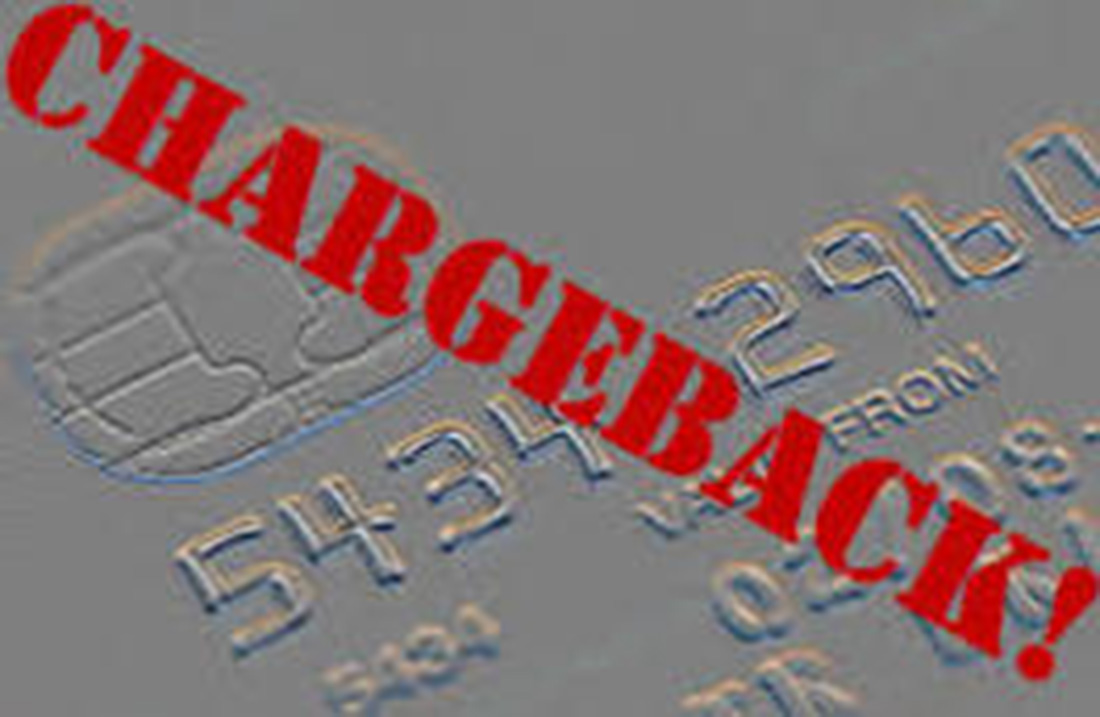
December 21st, 2016 by Admin
Ways to Prevent CHARGEBACK:
Provide Receipts for every single transaction. Receipt serves as a good reminder to the purchase they make and decreases the likelihood of a charge back. Have the conditions of sale written on the receipt
Be clear about refunds, returns and cancellation policies – include refund, return and cancellation policy on your website.
Make sure charge descriptions are clear. Use dynamic descriptors – with dynamic descriptors, you can include specifics like the product purchased, business name, business location and contact information. Include a number as part of the charge description.
Provide accurate descriptions of products and services – accurate product descriptions are particularly important for online ecommerce where customers often dispute transactions because the product they received is not as it was described online.
Get signed proof of delivery products – especially if you’re an online ecommerce vendors that ships products regularly.
Communicate with customers about renewals – if your customer accounts are set to automatically renew, make sure you notify those customers of their renewal months leading up to the renewal day.
When a cardholder contacts their credit card-issuing bank and asks for a refund on a transaction for a purchase or service made on their card is called chargeback.
Most Common Reasons for Chargebacks:
Point-of-sale processing errors
Customer disputes like, customer doesn’t recognize the charge, customer claims they didn’t receive the item they ordered.
Fraud, or potential fraud (customer claims the transaction is fraudulent – the purchase was made with a stolen card).
Posted in Best Practices for Merchants Tagged with: bank, cardholder, chargeback, credit card, customer, ecommerce, fraud, online, point of sale, transaction

November 30th, 2016 by Elma Jane
Understanding Interchange Rates & Fees
Credit card processing involves three separate cost components:
For vendors who choose to accept this type of payment, from customers for goods or services.
The same cost components apply to debit cards. Only one cost component is negotiable.
The first component is an interchange fee, which is payable to the card holder’s issuing bank. It is a combination of a transaction volume percentage fee and a flat-rate transaction fee. Interchange fees are collectively agreed upon through Visa and MasterCard by a card’s issuing bank and are fixed costs.
Interchange fees take into consideration various information about a card. Types of cards include debit and credit, while categories of cards refer to commercial and reward cards. Processing methods include whether a card is swiped or manually keyed. Swiping a card is usually more economical for vendors.
The second component is an assessment fee, charged by the card’s brand holder. Brand holders include Visa, MasterCard and Discover. Assessment fees are also fixed costs. Additionally, Visa charges a monthly fee.
The final charge is known as a processing fee. Processing fees vary among processors and is negotiable. Vendors are charged a processing fee, which can cause a difference in cost from one vendor to another.
For your electronic payments need give us a call 888-996-2273
Posted in Best Practices for Merchants, Travel Agency Agents Tagged with: bank, credit card, customers, debit cards, electronic payments, payment, reward cards, transaction

November 29th, 2016 by Elma Jane
GET THE LOWEST CREDIT CARD TRANSACTION RATES & FEES BY DOING THE FOLLOWING:
1. Use newer POS systems to reduce credit card fees.
2. Find out what percentage of your gross sales go toward credit card rates.
3. Perform a statement review at least annually.
Any time a customer uses a credit card to purchase services and goods the merchant pays various rates and fees processing those transactions. Most of these fees go to the bank issuing the credit card as they take on the bulk of the risk in credit card transactions.
Visa, American Express and Discover own the network on which these credit card transactions are processed on and they receive part of the fee and percentage rate as well as establish these rates and fees. Finally the bank that provides merchant account services gets part of these rates and fees.
To a small business 2, 3, or even 4% might not sound like much but when these fees are on the gross total of sales they can be significantly higher than originally thought.
For this reason it’s a great idea to assess your merchant account statement to see if rates are in line and that your most frequently used cards and transaction types are getting the best rate possible. By going over your statement, you can see exactly what you pay per transaction and get details about your most common transaction types and credit card used to get the process going.
If you are unfamiliar with what these rates and fees mean on your statement companies like National Transaction can perform the review for you. Free of charge.
Ultimately the best thing to have is a merchant account service provider that will take the time to go over your business with an eye lowering your rates and fees. The savings can be significant. As a business grows it changes and there should be an ongoing strategy at maintaining the best processing rates and fees possible. Today with so many different credit card types, like rewards cards, airline miles programs and more it can pay off to check once or twice a year.
For FREE Rate Review give us 888-996-2273
Posted in Best Practices for Merchants, Travel Agency Agents Tagged with: bank, credit card, customer, merchant, merchant account, POS, rewards cards, service provider, transaction






